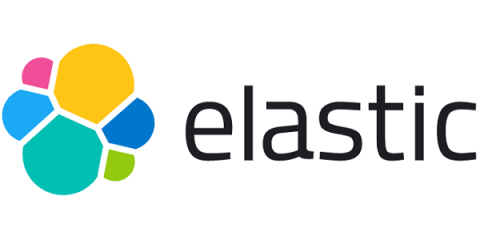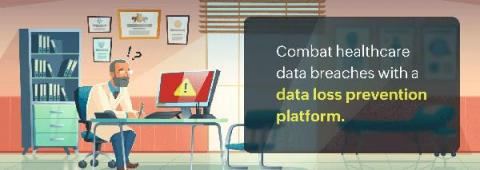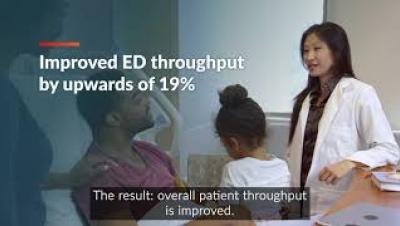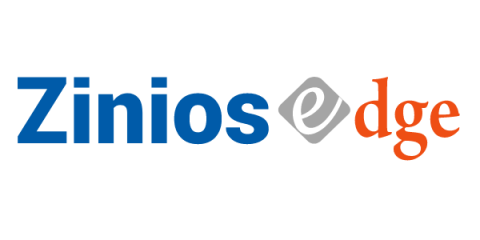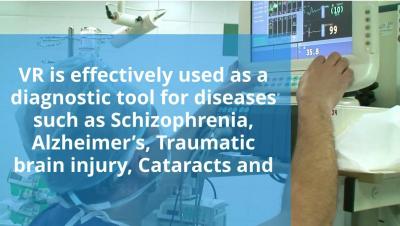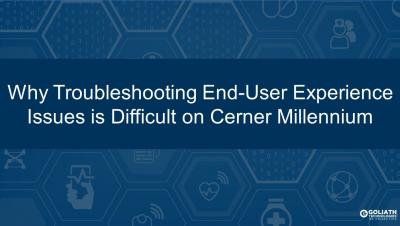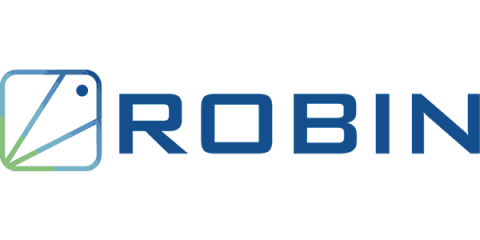5 Steps to Building an Effective Clinical Communication Plan
Organizations require a well-crafted clinical communication plan to streamline workflows across care teams. The communication plan must include processes, hardware and software that improves how providers perform. An effective communication plan eliminates barriers across departments and ensures that all providers are informed of patient-related incidents. High-level healthcare administrators are responsible for designing, managing and launching the clinical communication plan.



